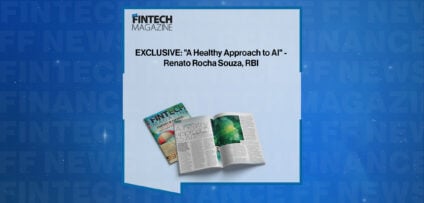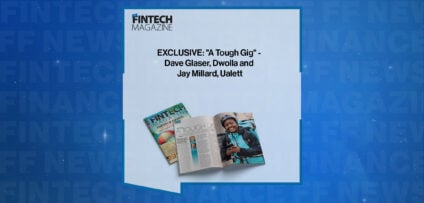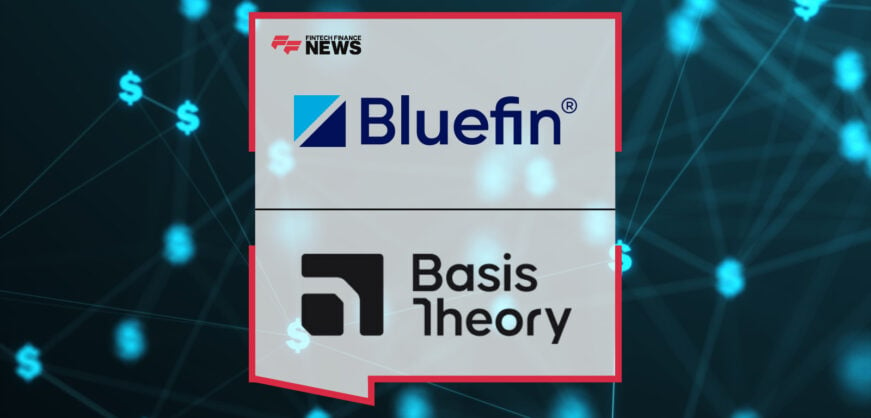Breaking News

EXCLUSIVE: “Solving The SME Lending Conundrum” – Lekshmi Nair, Finastra in ‘The Fintech Magazine’
Finastra has sunk investment into its Loan IQ platform to address a persistent problem for small businesses the world over. Chief Revenue Officer for Corporate Lending, Lekshmi Nair, explains how it’s helping banks plug the SME funding gap
Given the myriad other pressures and economic headwinds that businesses have faced in recent years, it’s a situation that SMEs are looking to banks to rectify. The challenge is making it profitable for them to do so. Chief revenue officer for corporate lending at Finastra, Lekshmi Nair, believes technology companies like her own can help solve that dilemma.
“SMEs face a lot of challenges post-COVID,” says Nair. “Coming out of that crisis, there have been rising costs for energy and commodities and, of course, increased interest rates. There are also struggles finding the right talent and managing supply chains within the current geopolitical situation. On top of it all, there’s an ever-changing regulatory and tax burden as well.
“We also recognise the challenges faced when looking for financing. Given the lending protocols that businesses need to go through during onboarding, it’s sometimes the case that they don’t have the right documentation covering their credit history and future creditworthiness to fit financiers’ requirements.”
Meanwhile, she says, while banks ‘understand the important role that SMEs play in the economy and also the communities they serve’, lending to them is often not the best margin part of their business.
“Part of the problem is the onboarding process from the banks’ side. The antiquated platforms and processes that are still in place today are burdensome. SMEs may also require a very tailored approach to their financing, and they can’t always take off-the-shelf products. To provide a more effective service, relationship managers really need to build a level of understanding of SME requirements,” says Nair.
New challengers have moved into that lending gap.
“It’s not always the traditional banks that are providing financing. There are now many platforms that have opened up for SME financing outside of the traditional bank,” she adds.
The increased popularity of these agile platforms, and their ability to quickly service this segment, may point to where some of the solutions lie. Enhanced automation and even developments in open finance could present a way for banks to streamline processes and offer services to a wider range of clients. Finastra has a lot of expertise here, but the motivation is not just servicing a need. It fits with its broader vision, too.
“We are a deeply purpose-driven organisation, says Nair. “Financial inclusion and enabling access to finance is important for us, which is how we look at open finance. Being a global organisation, we have a diverse perspective and a broad range of personal journeys. Everything we do around technology is about putting ourselves in the shoes of our clients and those of our clients’ clients.”
Nair says Finastra ‘doesn’t have a silver bullet’ for the specific problem of financing SMEs but its approach, which involves adopting the mindset of those small businesses, as well as thinking about the banks’ procedures and challenges, means it has a good handle on a solution in the form of its Loan IQ platform, which was originally designed for banks to serve larger corporates.
“The antiquated platforms and processes that are still in place today are burdensome. SMEs may also require a very tailored approach to their financing
“The work and investment that we’re doing with our Loan IQ platform, which has traditionally been used for complex lending, a high-margin business, is now focussed on the simplification and the servicing of bilateral and SME loans,” she explains. “For banks, this means creating a more streamlined UI/UX so they can automate this process, creating fewer touch points and requiring less manual intervention within operations. This lowers the cost to serve and ensures we have the capability for a higher volume of loans on our platforms.”
Loan IQ also goes a long way to addressing the interoperability issues associated with legacy banking systems.
“Most banks will have proprietary platforms from a range of vendors and a lot of cost and efficiency is lost in pulling these platforms together,” observes Nair. “Often this means staff will key in the same information multiple times in different platforms as a loan is processed.
“So we’ve been very focussed on the openness of our platform and delivering APIs that provide a seamless and smart integration to enable our clients to drive efficiency, hopefully reducing operational risk and getting them to a decision about a client’s loan much faster with a more seamless onboarding process.”
This article was published in The Fintech Magazine Issue 33, Page 8-9
People In This Post
Companies In This Post
- Bluefin and Basis Theory Partner to Enable Unified Tokenization Across Digital and In-Person Payments Read more
- Invest Bank and AUTON8 Build Partnership to Drive Digital Resilience and Banking Agility Read more
- ING’s AI Roadmap: Platform, People, and Agentic AI Read more
- UK-fintech Provided Over £17.5m in Emergency Wage Advances to More Than 55,000 Employees in the Last Year Read more
- TreviPay Announces AI-Powered Growth Center to Help Enterprises Predict Buyer Behavior and Drive B2B Sales Read more


















